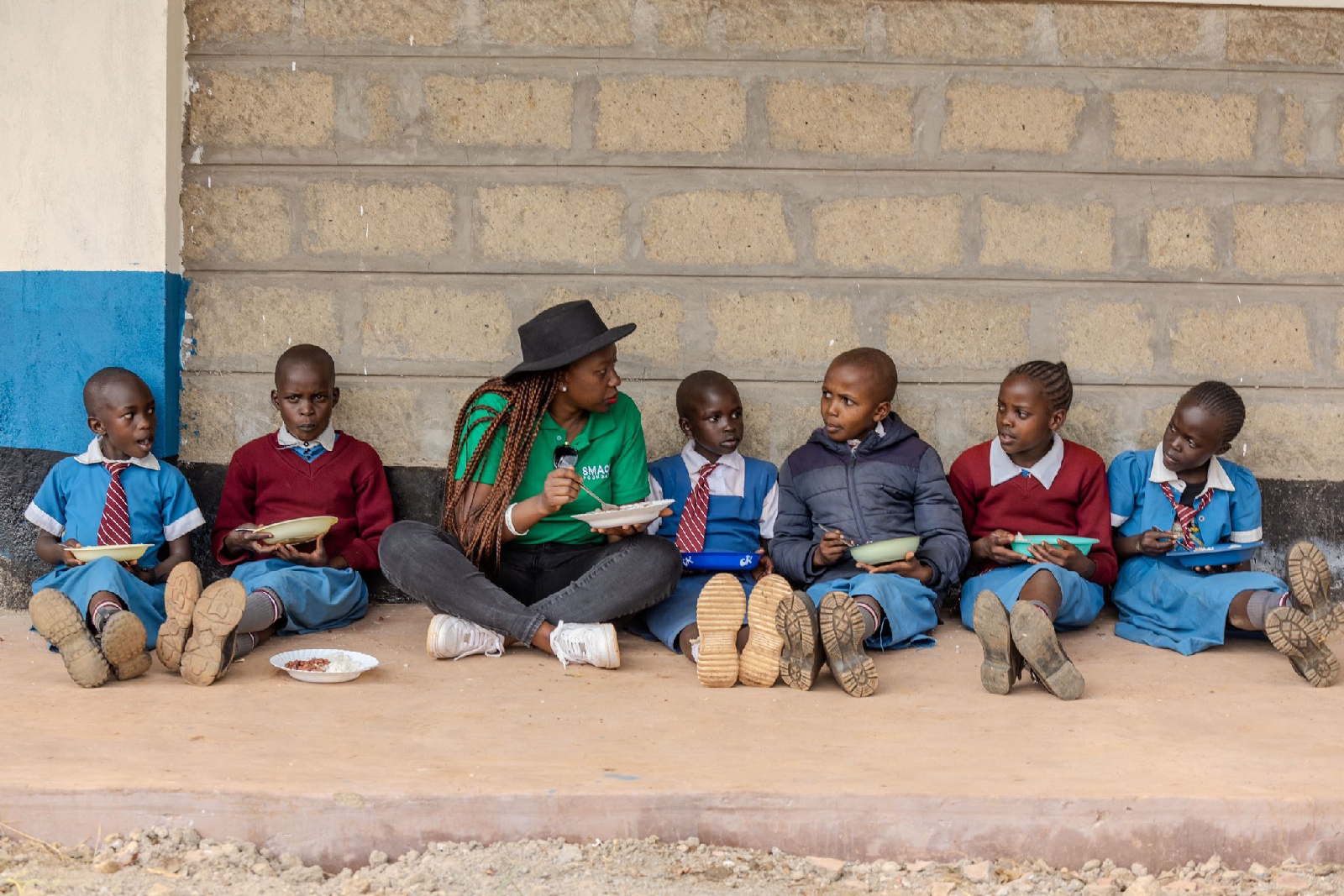Kenya’s Foreign Policy: A Misplaced Priority?
Kenya has long held a reputation as a diplomatic leader and peace broker in East Africa. Over the years, the nation has played pivotal roles in regional stability, from mediating the South Sudan peace process to deploying troops in Somalia under the AMISOM mission. However, recent developments raise serious questions about whether Kenya’s continued involvement in foreign conflicts is in the country's best interest—especially when its own security and domestic issues remain unresolved.
A recent controversy with South Sudan highlights the potential pitfalls of Kenya’s aggressive diplomatic stance. A section of South Sudan’s leadership condemned Kenya for making statements that, according to them, had not been ratified by relevant bodies such as the Intergovernmental Authority on Development (IGAD). This criticism puts Kenya in a vulnerable diplomatic position, where its actions are not only questioned but could also be seen as undermining regional cooperation frameworks.
Is Kenya Overstepping Its Mandate?
The primary question is simple: Why is Kenya so quick to involve itself in international matters that haven’t been officially endorsed by recognized regional bodies? If a statement has not been ratified by IGAD, why rush to make declarations that risk straining relationships with neighboring countries?
South Sudan’s reaction signals a lack of alignment within the region, suggesting that Kenya’s foreign policy may not always reflect the consensus of the bodies it claims to represent. This undermines the spirit of regional diplomacy and could breed resentment from neighboring nations. The risk here is not just diplomatic isolation—it could potentially destabilize the very peace Kenya has worked so hard to foster over the years.
Prioritizing External Conflicts Over Internal Stability
While Kenya positions itself as a peacekeeper in Africa, its own domestic challenges are increasingly being neglected. The recent concerns raised by Foreign Affairs Minister Hon. Musalia Mudavadi regarding the security of Kenyans living in the Democratic Republic of Congo (DRC) expose an unsettling reality: Kenya is attempting to solve regional conflicts while its own citizens are at risk, both at home and abroad.
Why should Kenya bear the burden of solving regional conflicts when it has pressing security issues within its borders? Rising crime rates, political tensions, economic struggles, and internal security threats are urgent matters that require attention.
Yet, instead of addressing these domestic concerns, the government seems more focused on international diplomacy—an approach that feels disconnected from the realities faced by everyday Kenyans.The Burden of Regional Responsibility
It’s undeniable that Kenya’s role in regional peace efforts has brought it respect on the international stage. However, it’s worth asking: At what cost?
Kenya's involvement in multiple international peacekeeping missions, including in Somalia, South Sudan, and now concerns over the DRC, has stretched its resources thin. This creates a situation where the country appears more invested in solving others’ conflicts than addressing its own challenges.
Is Kenya becoming the default problem-solver in the region because of genuine diplomatic interests—or because other nations have learned to rely on Kenya’s willingness to intervene, even at its own expense? This dynamic is not only unsustainable but could also lead to diplomatic fatigue, where Kenya’s goodwill is exploited by neighboring countries unwilling to take responsibility for their own issues.
The Risk of Diplomatic Overreach
The condemnation from South Sudan should serve as a wake-up call for Kenya’s foreign policy strategists. It suggests that Kenya’s actions are not always welcomed and could potentially breach long-standing diplomatic relationships. Acting outside ratified agreements by bodies like IGAD risks creating unnecessary tensions with neighbors who might view Kenya’s involvement as interference rather than assistance.
Furthermore, unnecessary involvement in foreign conflicts could threaten Kenya’s long-term peace and security. By becoming entangled in disputes that don’t directly affect its national interest, Kenya risks making enemies where it should be building alliances. This is especially dangerous given the fragile peace dynamics in East Africa, where any diplomatic misstep could destabilize the region.
A Call for Rethinking Foreign Policy Priorities
Kenya must urgently reassess its foreign policy priorities. While regional leadership is admirable, it should not come at the expense of national security and domestic well-being. The government needs to answer some critical questions:
- Why is Kenya involving itself in conflicts that have not been officially sanctioned by IGAD or other regional authorities?
- Shouldn’t the government focus on securing its own citizens and addressing domestic challenges before acting as a peace broker for other nations?
- What safeguards are in place to ensure that Kenya’s international engagements do not jeopardize its diplomatic relationships or internal securrity. Putting Kenya First
It is time for Kenya to reconsider its role as the region’s peacekeeper. The country cannot afford to stretch itself thin by taking on the burdens of its neighbors while failing to address its own internal issues.
The condemnation from South Sudan should not be dismissed lightly—it should be a moment of reflection. Kenya must realign its diplomatic efforts to prioritize national security, economic stability, and the welfare of its citizens. Without this shift, Kenya risks becoming a nation that solves everyone’s problems but its own, leaving its people vulnerable and its sovereignty compromised.
In the end, charity begins at home—and so should peace and security.










Comments
Post a Comment